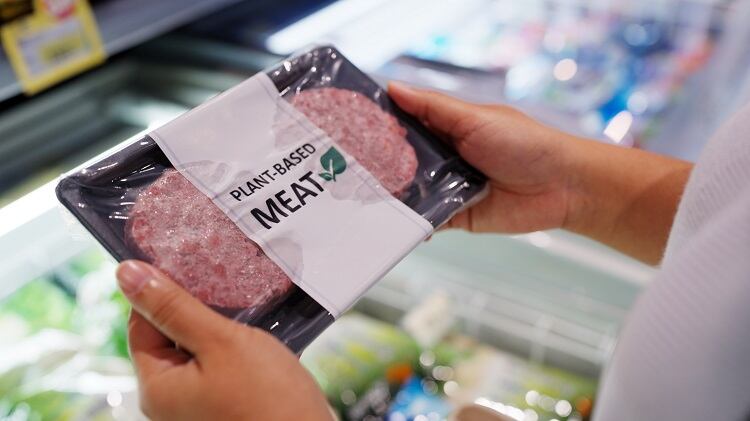"After we saw huge enthusiasm a few years earlier, there's been a cool down,” said Tijl Hoefnagels, venture partner at Rubio. “I do think plant-based is here to stay, however it has become more difficult to do a raise. The long-term is bright but I think the short term is going to be messy.”
“It's going to be a rough 24 months,” agreed Kale United CFO Jacob Linden. He added that in the long term, plant-based remains an “unprecedented investment opportunity”.
Claire Smith, chief investment officer at Beyond Impact and vegan fintech entrepreneur explained that the investment landscape in the plant-based sector has slowed, as it has in other industries, amid rising oil prices, higher interest rates and inflationary pressures.
“Valuations have come down… There was enormous amount of hope in past valuations with very little connection to what companies were going to be able to produce in terms of revenue and earnings in the short term.”
Investors are now far keener to know a brand’s path to profitability, she said. “They want to know immediate revenues and what a company can produce now. If you don't have gross margins... this is something investors are not particularly prepared to tolerate any more.”
Alternative protein companies in Europe raised €579 million last year, nearly 24% more than in 2021, according to a report from the Good Food Institute in in February 2023. It said the continent’s plant-based sector saw a 15% increase in venture capital deals, raising €284 million in 2022.
However, global investment in sustainable proteins decelerated last year, from a record-breaking €4.7 billion in 2021 to €2.7 billion in 2022 – mirroring the marked decline in wider venture capital investment. Global venture funding reached $415.1 billion in 2022, marking a 35% drop from a record 2021, according to the CB Insights State of Venture report from CB Insights.
Against a backdrop of global deceleration, investors are keener to know a start-up’s path to profitability, said Smith. “If they put money in, they don't want to have to rely on anybody else putting more in into the future. Identifying how that company you're putting money into right now can become profitable and hence will not need more investment capital is super important.”
“As an investor we are prioritizing raises where there is corporate backing,” she said, adding that commercial partnerships assure investors they are backing the right horse.
Given the current economic climate she further advised start-ups against bringing their manufacturing processes in-house in the current economic climate.
Despite the threat of risking IP with the process, in-house manufacturing is unlikely to be as cost-effective as hiring a contractor, she explained, and is more likely to increase capacity (another urgent challenge in the plant-based sector).
The current climate also highlights the need for proof there’s a market for your product. Consumer insights are “extremely important”, noted Hoefnagels. “I need to be convinced that someone is in the market and getting feedback and then are agile enough to adapt to that. From my perspective, I want to see that."
“There's still enormous promise in this area in the long term,” stressed Smith. “The products are getting better and better. People who are saying plant-based is dead are going to have egg on their face.”


